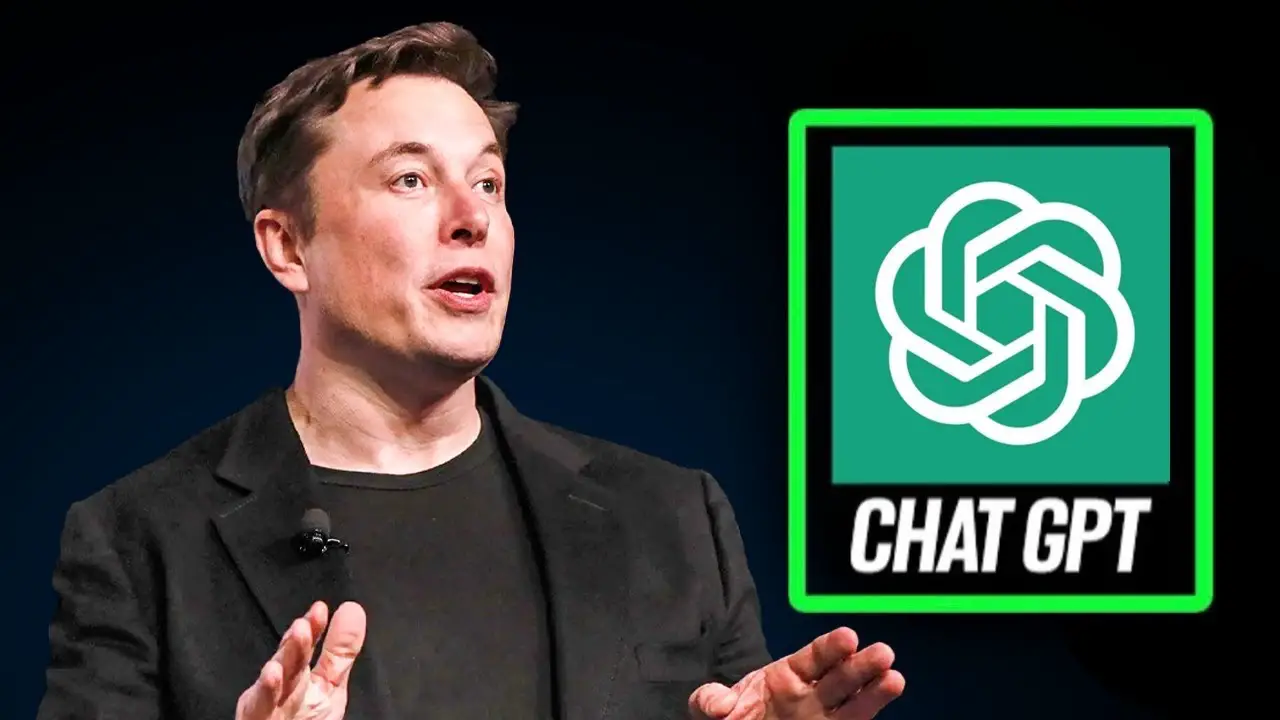In an intriguing turn of events, tech mogul Elon Musk has prompted legal action to determine whether OpenAI’s latest AI model, GPT-4, possesses human-level intelligence. This move has sparked widespread debate and interest among tech enthusiasts, AI researchers, and the general public alike.
Key Highlights:
- Elon Musk raises questions about GPT-4’s intelligence level.
- GPT-4’s capabilities in processing both image and text inputs highlighted.
- Concerns about AI’s rapid advancement and its implications on society.
- OpenAI’s efforts in developing AI technologies with human-level performance.
GPT-4, developed by OpenAI, is at the forefront of AI technology, showcasing abilities that blur the lines between machine and human intelligence. It has been engineered to understand and generate human-like text, engage in complex reasoning, and even interpret and respond to visual inputs.
Elon Musk’s recent action to ask a court to decide if OpenAI’s GPT-4 has human-level intelligence brings to the forefront a multitude of questions regarding the current state and future trajectory of artificial intelligence (AI). This move not only reflects Musk’s long-standing concern about the rapid advancement of AI technologies but also underscores the broader debate within the tech community about the implications of these technologies for society and human existence.
GPT-4’s Capabilities and Concerns
GPT-4’s advancement over its predecessors is noteworthy, especially its ability to process both text and images, making it a versatile tool for a variety of applications. This multimodal capability allows GPT-4 to perform tasks that were previously challenging for AI, such as interpreting complex documents and images, enhancing its utility in professional and academic settings.
However, the rapid progression of AI technologies like GPT-4 has raised concerns. Elon Musk, a known figure in the tech world for his ventures into space exploration, electric vehicles, and AI, has previously voiced his apprehensions about the unchecked advancement of AI. Musk’s call for a legal assessment of GPT-4’s intelligence level underscores the need for a better understanding and regulation of AI technologies, which have the potential to impact society significantly.
Implications for Society and the Future of AI
The discussion around GPT-4’s human-level intelligence is not just a technical debate but also a philosophical and ethical one. It touches on questions about what it means to be intelligent, the role of AI in society, and how humans should interact with increasingly sophisticated AI systems.
As AI continues to evolve, the need for frameworks and guidelines to ensure its safe and beneficial use becomes more apparent. The outcome of Musk’s request for a legal determination on GPT-4’s intelligence could set precedents for how AI technologies are governed and integrated into various aspects of life.
A Look Ahead
The question of whether GPT-4 possesses human-level intelligence is more than a legal or technological issue; it is a mirror reflecting our hopes and fears about the future of AI. As we stand at this crossroads, the decisions made today will shape the trajectory of AI development and its role in society for years to come.
Musk’s push for a legal assessment of GPT-4’s intelligence level highlights the urgency of addressing AI’s rapid advancement and its ethical, societal, and legal implications. It serves as a reminder of the need for a balanced approach to AI development, one that harnesses its potential while safeguarding against its risks.






























